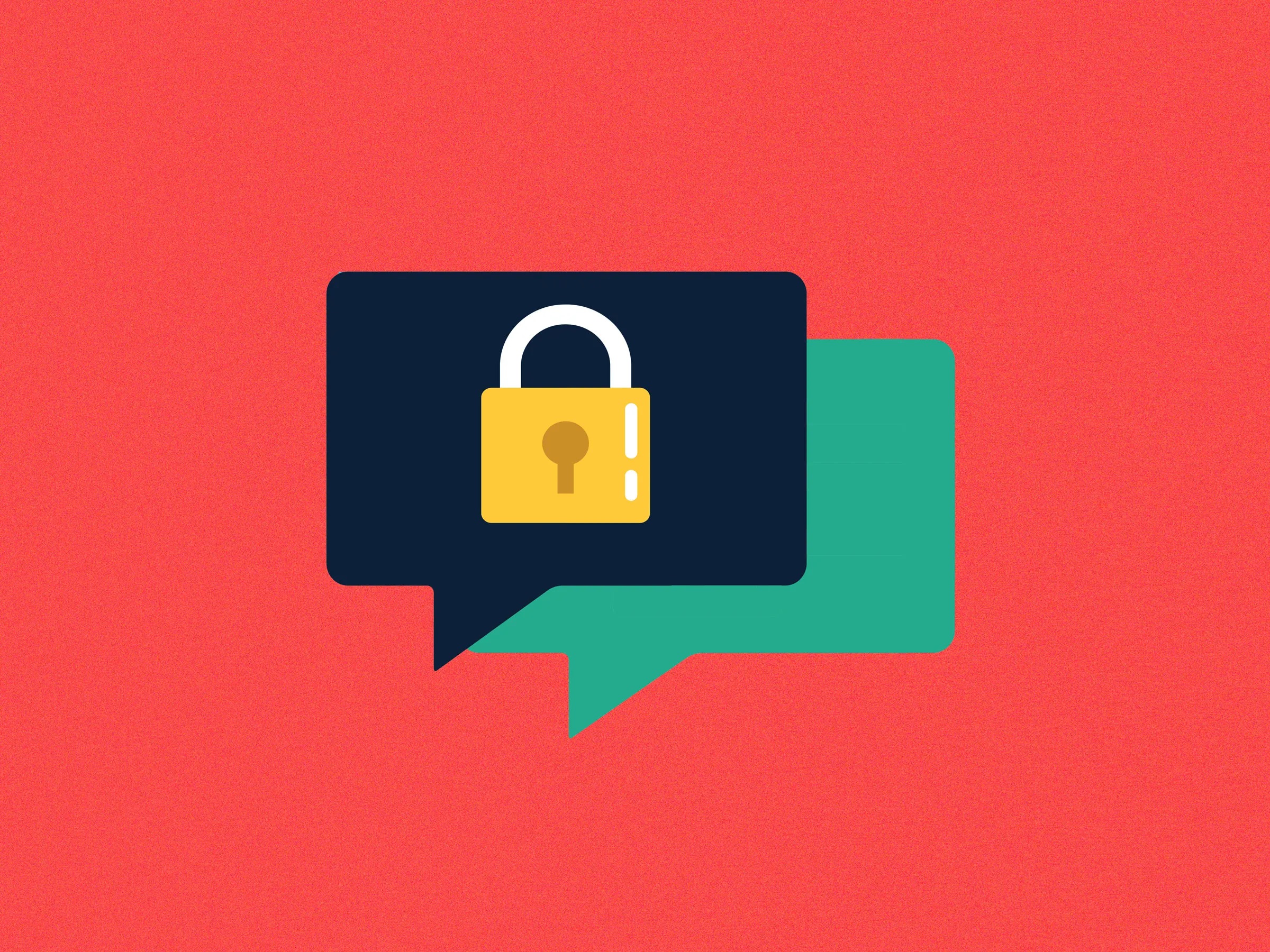As cyber threats evolve, traditional communication methods are no longer sufficient for protecting sensitive information. Ephemeral messaging, which includes self-destructing notes, has emerged as a powerful alternative. These temporary messages provide a layer of security that static communications can’t match, making them ideal for high-stakes negotiations and confidential discussions.
Enhancing confidentiality in negotiations
Negotiations often involve exchanging sensitive information, pricing strategies, and proprietary data. Self-destructing notes ensure this information remains confidential and doesn’t linger in inboxes or servers indefinitely. By setting a time limit for message visibility, businesses can control the lifespan of their sensitive communications, reducing the risk of unauthorized access or data breaches.
Simplifying compliance with data protection regulations
With the increasing focus on data protection and privacy regulations worldwide, businesses face growing pressure to manage information responsibly. Self-destructing notes can help companies comply with these regulations by ensuring that sensitive data is not retained longer than necessary. This automatic deletion feature aligns with the principle of data minimization, an essential aspect of many privacy laws.

Building trust with partners and clients
The use of self-destructing notes demonstrates a commitment to privacy and security and helps build trust with business partners and clients. By using this technology, companies signal that they take the protection of sensitive information seriously, fostering stronger relationships and opening doors to new business opportunities.
Streamlining communication in time-sensitive deals
Negotiations, time is often of the essence. Self-destructing notes allow businesses to share critical information quickly and securely without the need for complex encryption methods or lengthy email threads. This efficiency can be crucial in closing deals or making timely decisions in competitive markets.
While self-destructing notes is straightforward, using them effectively in business requires some consideration. Establishing clear guidelines for when and how to use these tools is essential; all parties involved understand the process. Additionally, companies should train their employees on how to use privnote and similar platforms securely, maximizing the benefits of this technology while minimizing.
Overcoming challenges and limitations
Despite their benefits, self-destructing notes are not without challenges. One potential issue is the lack of a permanent record, which can be problematic in certain legal or regulatory contexts. Businesses must carefully consider when to use this technology and when traditional documentation methods are more appropriate. It’s also crucial that all parties have accessed the information before it self-destructs, as missed messages could lead to delays.
Secure business communications
As technology advances, we can expect further innovations in secure communication tools. Self-destructing notes are part of a broader trend towards more dynamic and adaptive security measures. Businesses that embrace these technologies early on will be better positioned to protect their interests and maintain a competitive edge in an increasingly digital world.
Integrating self-destructing notes into existing workflows
For businesses to fully leverage the benefits of self-destructing notes, integrate them seamlessly into existing communication workflows. This integration may involve updating communication policies, reconfiguring IT systems, and training employees on best practices. By making self-destructing notes a natural part of day-to-day operations, businesses’ overall security posture sacrifices efficiency.
One key challenge in adopting any new security measure is balancing protection and ease of use. Self-destructing notes must be user-friendly enough to encourage widespread organizational adoption while maintaining robust security features. Businesses carefully evaluate different platforms and solutions to best suit their specific needs and culture.












Comments